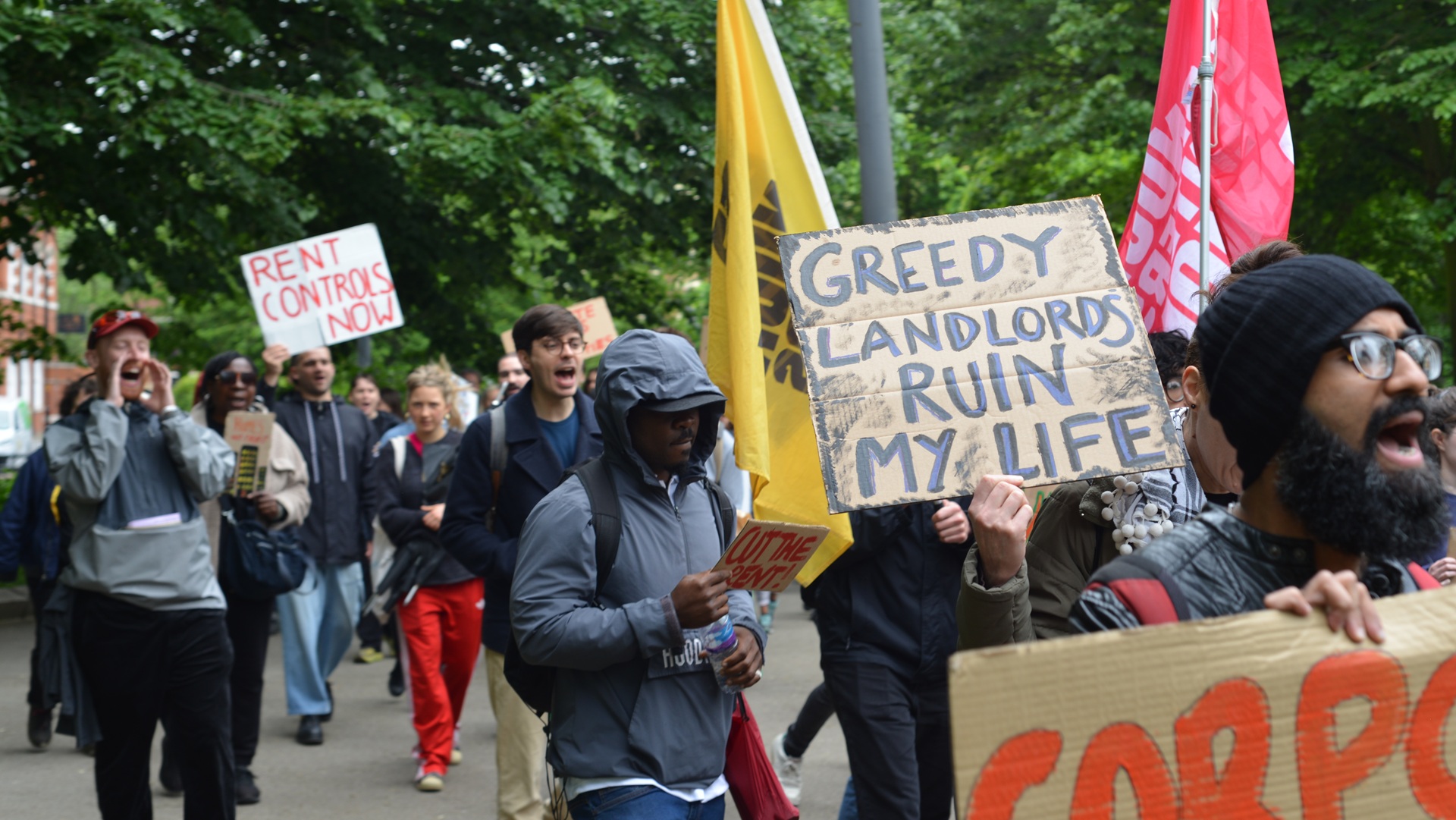At some point near the end of this year – or perhaps early in 2026 – the Renters’ Rights Bill currently making its way through the House of Lords will be put into practice. Section 21 ‘no-fault’ evictions will be abolished, meaning England’s 12 million renters will finally be free from fear of being evicted in retaliation for having the cheek to ask their landlord to fix that broken boiler or drafty window one too many times.
But a crucial piece of the puzzle will remain missing. No renter will have genuine security in their homes until action is taken to regulate rent increases.
As welcome as the Renters’ Rights Bill is (and there is a lot to recommend it), it won’t include any controls or limitations on rent hikes within tenancies. It’s safe to say that the cost of renting is the number one issue for most renters. RRC research has found that nearly one in three renters – about 3.8 million people – ‘always’ or ‘often’ struggle to afford essentials like groceries due to the cost of rent.
But the ability of landlords to demand eye-watering rent increases doesn’t just push renters into poverty. It also pushes us out of our homes and communities. Once landlords are no longer able to evict tenants using section 21, we fear many more of them will be tempted to use an unfair rent increase to threaten tenants or force them out, undermining the bill’s key aims.
Many renters already face being pushed out of their homes by annual rent increases – polling we have commissioned found that almost a third of renters in England could be forced to move home if hit with a 7.9% rent rise – for reference, rents are currently increasing at a rate of 6.7% annually.
The government’s proposed solution to this rent hike evictions loophole is allowing renters to appeal “unreasonable” rent increases at a tribunal, which would have the power to reject rent increases that are above the ‘market rate’.










